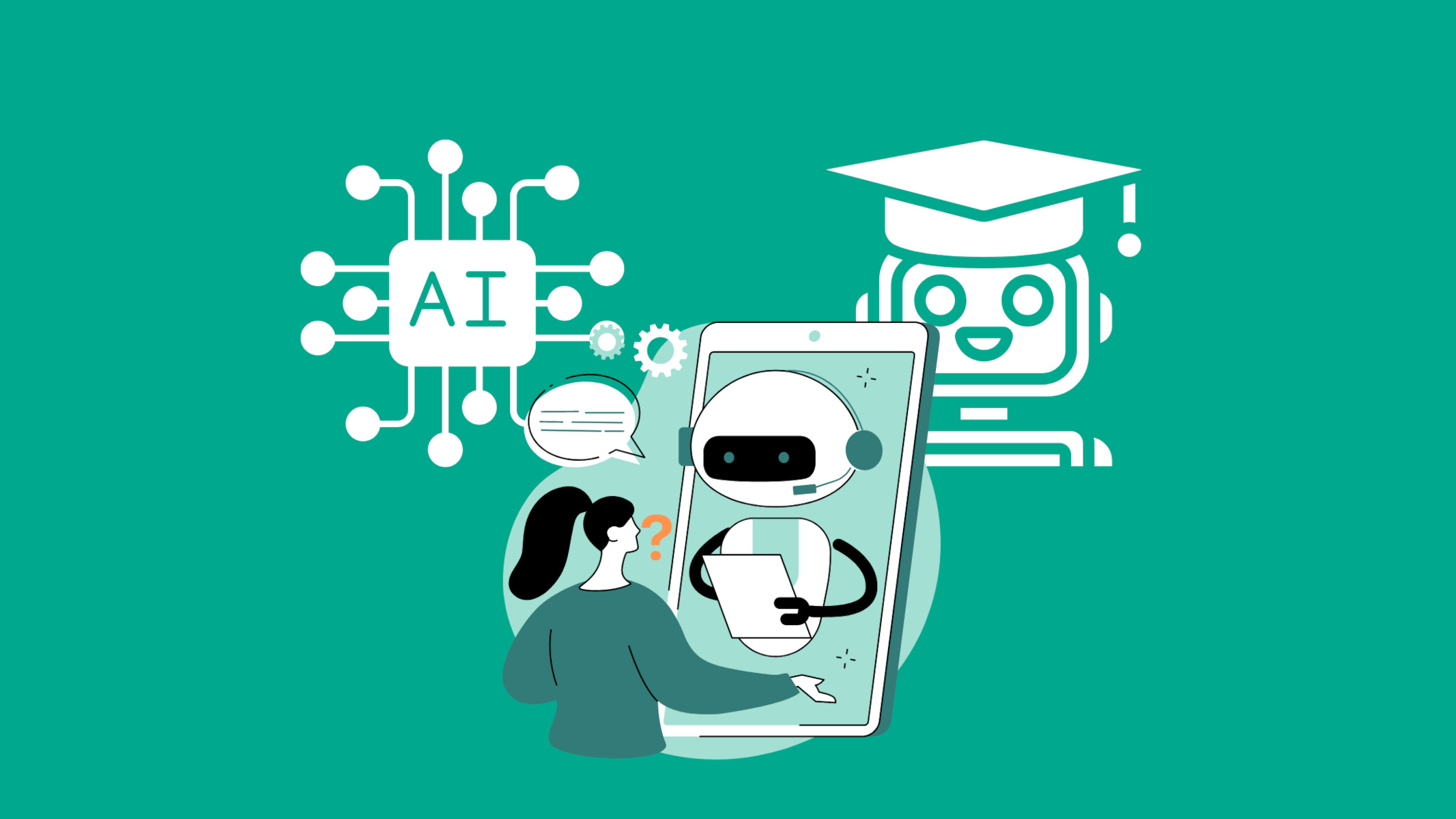What is Artificial Intelligence (AI)?
AI is a broad field of computer science focused on creating systems capable of performing tasks that typically require human intelligence. These tasks include problem-solving, decision-making, language understanding, and even perception. AI encompasses a variety of technologies, including:
- Natural Language Processing (NLP): Enables machines to understand and respond to human language.
- Computer Vision: Allows machines to interpret and make decisions based on visual data.
- Robotics: Involves the design and creation of robots that can perform specific tasks autonomously.
What is Machine Learning (ML)?
Machine Learning is a subset of AI that focuses on the development of algorithms that allow computers to learn from and make decisions based on data. Instead of being explicitly programmed to perform a task, ML systems use statistical techniques to improve their performance over time. Key components of ML include:
- Supervised Learning: Algorithms are trained on labeled data, meaning the input comes with the correct output. This approach is used for tasks like image recognition and spam detection.
- Unsupervised Learning: Algorithms are given data without explicit instructions on what to do with it. This method is used for clustering and association tasks, like customer segmentation.
- Reinforcement Learning: Algorithms learn by receiving rewards or penalties for the actions they take, making it ideal for applications like game playing and robotics.
Why Understanding the Difference Matters
For emerging companies, knowing the distinction between AI and ML is essential for several reasons:
- Strategic Planning: Clear understanding helps in setting realistic goals and choosing the right technologies to invest in.
- Resource Allocation: Different projects may require different expertise and resources. Knowing the difference ensures efficient allocation.
- Customer Engagement: AI and ML can enhance customer experiences in various ways, from personalized recommendations to improved customer service.
Leveraging AI and ML for Business Growth
Emerging companies can leverage AI and ML to gain a competitive edge and engage more customers in the following ways:
- Personalization: Use AI to analyze customer data and provide personalized recommendations and experiences, increasing customer satisfaction and loyalty.
- Automation: Implement ML algorithms to automate repetitive tasks, freeing up human resources for more strategic activities.
- Data-Driven Decisions: Employ AI-powered analytics to gain insights into customer behavior, market trends, and operational efficiencies, leading to more informed decision-making.
- Enhanced Customer Service: Deploy AI chatbots and virtual assistants to provide 24/7 customer support, improving response times and customer satisfaction.
- Predictive Analytics: Use ML to predict future trends and behaviors, allowing for proactive strategies and better preparedness.
The Role of Expert Guidance
Navigating the complexities of AI and ML can be challenging for emerging companies. Firms like Transpera are dedicated to guiding businesses in the best use of these technologies. By leveraging their expertise, companies can ensure they are adopting the right strategies, avoiding common pitfalls, and maximizing the potential of AI and ML to drive growth and customer engagement.
Understanding the difference between AI and ML is more than just a technical distinction; it is a strategic imperative for businesses aiming to thrive. By leveraging these technologies effectively, emerging companies can punch above their weight, engage more customers, and achieve significant growth. And with expert guidance from firms like Transpera, they can navigate this journey with confidence and success.
